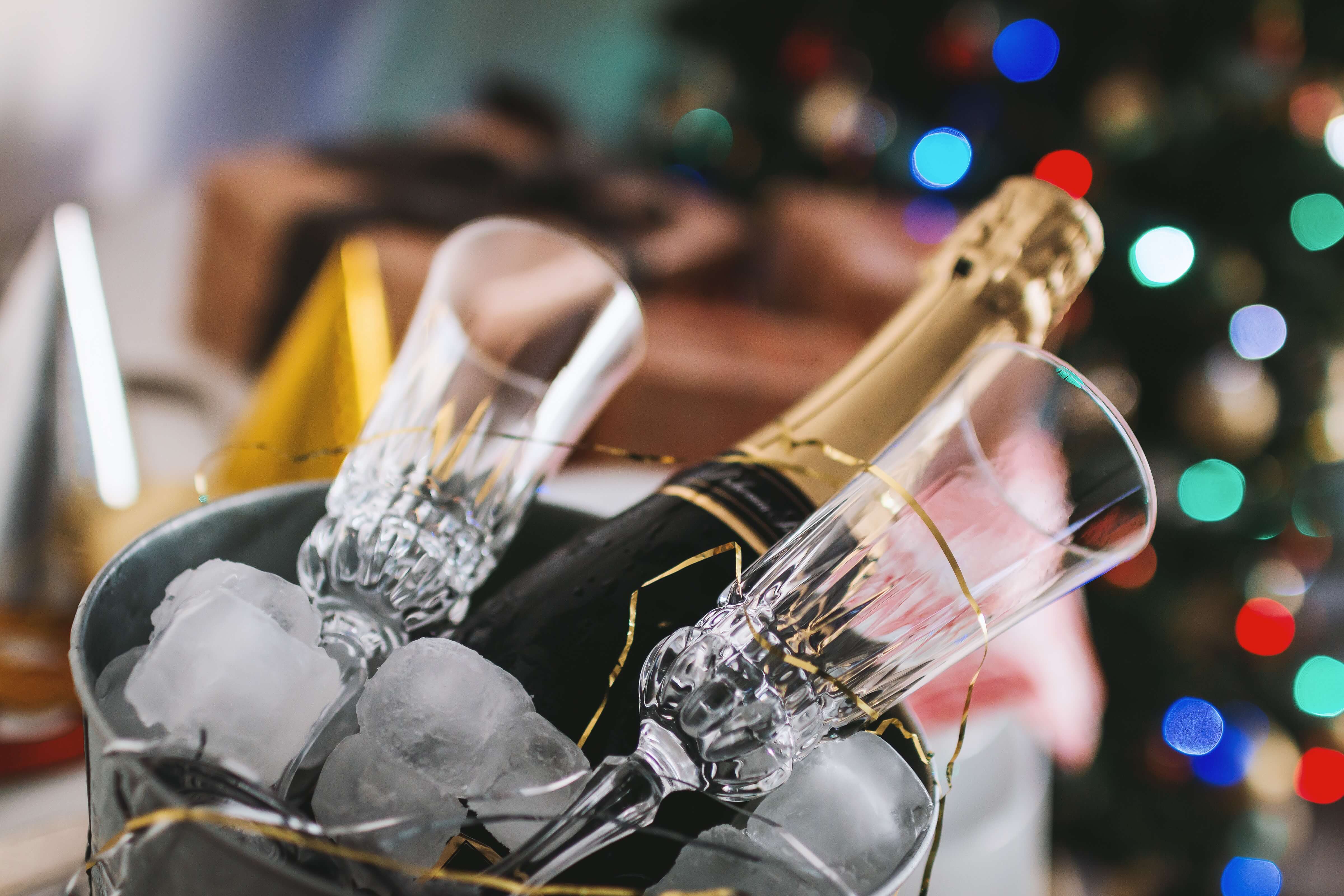Future Society
How will we toast in 2050?
2 January 2019
| Written by La redazione
Climate change is bound to revolutionize the world of wines too: how will the sparkling wine be in thirty years?
If you too have celebrated the arrival of the new year with the traditional glass of sparkling wine, be prepared: the wine as it is today is destined to change forever.
Global warming is the first accused, since it is inexorably upsetting the face of cultivated lands, including those involved in wine production. This is what emerges from a study published by Nature a few months ago, which emphasizes that even if the Paris Agreements were respected, new temperatures and extreme weather events, such as heat waves, heavy rainfall and drought, will put at risk the variety of lives we consume. According to the study, close collaboration between growers and researchers will be needed for the development of vines capable of adapting to climate change.
But the change is already in progress: “We live between the opposite extremes - said Maurizio Zanella, founder of Ca’ del Bosco - the 2017 harvest, between frosts, hail and water bombs, was disastrous, with 54% less grape harvest, negative record since the post-war period. In 2018, however, high temperatures have increased production by 30% over the last ten years. The exceptions that happened a couple of times a century now follow each other. That's why we have no more time to waste”. In fact, Zanella's team has chosen to rely on the latest advances in technology: for some months now, the production of the vineyard has been supported by a machine, slightly bigger than a tennis court, which washes and dries the grapes. A 4 million euros investement, destined to make the wines taste better.
But Italian excellence is not the only one to be worried: during the last edition of the Merano WineFestival by Helmuth Köcher, Lee Hannah, American climatologist of Conservation International, was more than clear about it: “The most important wine regions of the world, from Chile to Tuscany, from Burgundy to Australia, will see the cultivable areas decrease from 25% to 73% by 2050”.
The sommelier Andrea Gori echoes this and explains: “In 2050 the red wines could be more robust, very alcoholic, more bitter because the tannins will not ripen well. Wines like this could be more pleasing to Asians than to Europeans”.
But there are also those who have decided to seize the opportunity launched by this crazy climate by putting sustainability at the center of production: there are many producers who, all over the world, are converting their cellars to a strictly green imprint. Their stories ended in a book, Wine Revolution, written by the critics of the British magazine Decanter Jane Anson, who decided to tell the lives of winemakers who “reduce emissions, do not use pesticides, plant hedges to encourage biodiversity, they use vines natives and, preserving the land, they give wines for shared happiness”.
La redazione
Last post by La redazione






